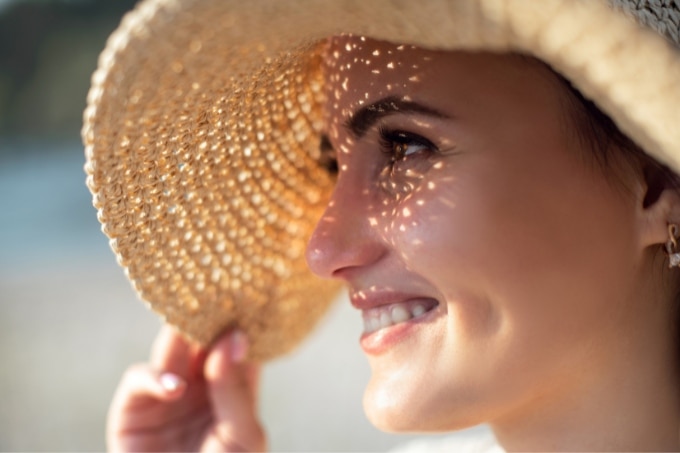Stress causes acne and acne cause stress. This is a vicious beauty cycle that many women fall victim to. But stress acne is a real thing and a type of breakout that you may be dealing with. Have you ever noticed you only get a big red pimple on your face on the eve of a big presentation, a date you are nervous about or a very important test? Yup, that’s one sign of a stress breakout.
Isn’t it just the worst thing that your skin is popping out pimples because you are stressed. I mean, I am already super stressed, can’t you see that? FML! Every breakout isn’t a stress breakout, but it helps to know the reason behind the problem you are dealing with so you can target it the right way. If you are wondering if you have stress acne, you are going to get all the answers today.
Here is everything you need to know about stress acne—how is it caused, signs and how to deal with this skin woe.
- What exactly is stress acne and how is it caused
- How to tell if you have stress acne
- How to treat it
What exactly is stress acne and how is it caused

When you are stressed, there is a fluctuation in your hormones, causing your skin to produce more sebum. Allow me to break it down. Your body basically releases hormones like neuropeptides, cortisol and adrenal androgens to protect you, but these very hormones trigger your sebaceous glands (thanks, but no thanks). As a result your skin appears more oily and has a higher chance of a breakout.
How to tell if you have stress acne

The number one sign of stress acne is that you get painful, red and itchy cysts that appear once in a while. You could have clear skin all throughout the year and get a face full of pimples when you are stressed. These pimples are often accompanied by blackheads and whiteheads which are also triggered by fluctuating levels of hormones.
How to treat it

- Cleanse and exfoliate your skin regularly to get the excess oil and dirt off your face.
- Keep your face moisturised with a lightweight and non-comedogenic moisturiser.
- Treat the pesky pimples with over-the-counter treatments like benzoyl peroxide or salicylic acid. You can also try spot treatment with diluted tea tree oil or use turmeric and honey as a spot treatment and apply it on the affected areas before going to bed to get rid of the pimple by the morning.
- And lastly, make sure you get enough sleep. This will significantly lower the secretion of sebum and keep oiliness under control.
















 Privacy Notice
Privacy Notice
Written by Anjali Agarwal on 9th Dec 2019
Author at BeBeautiful.